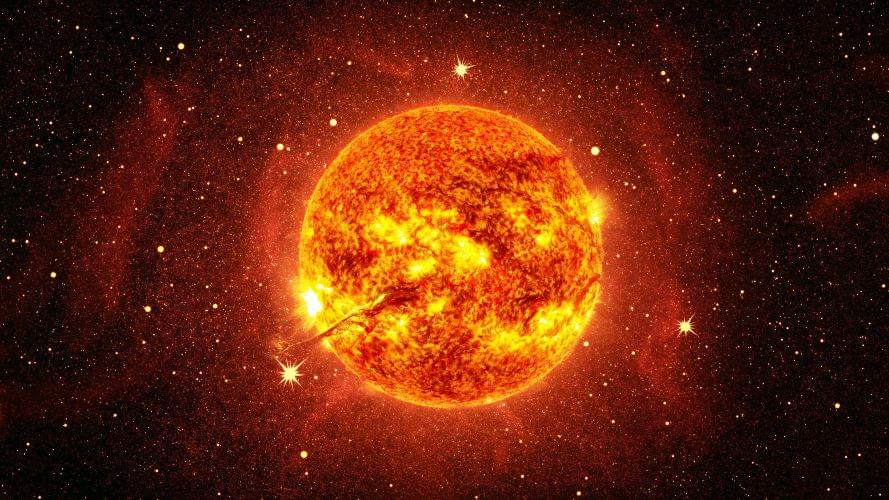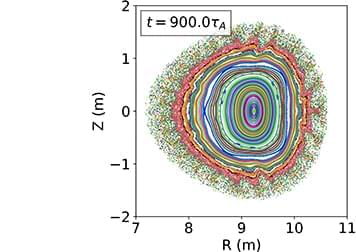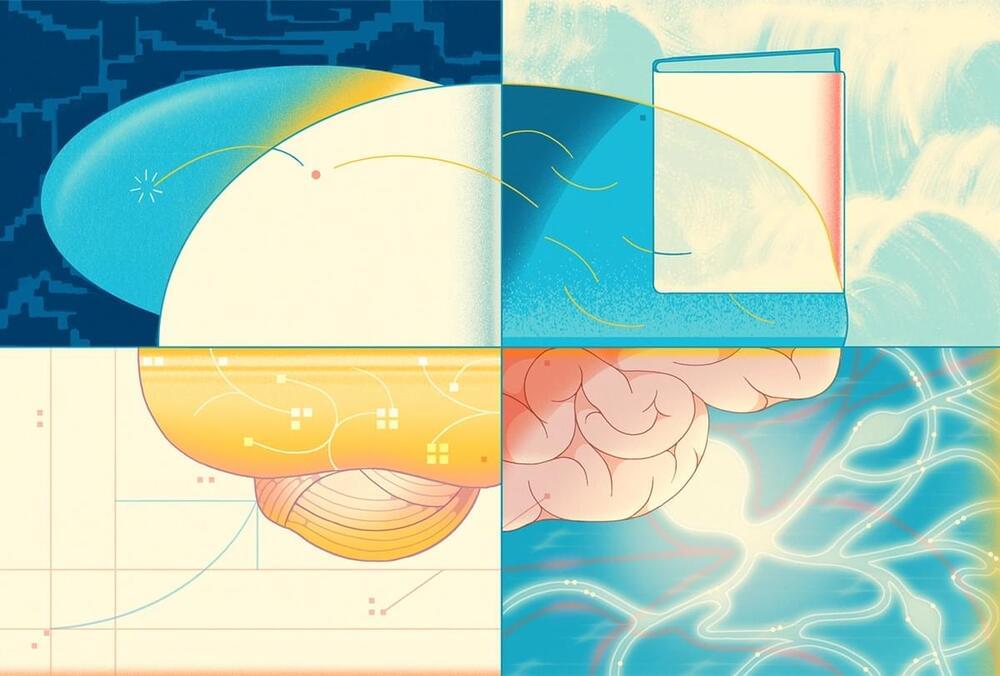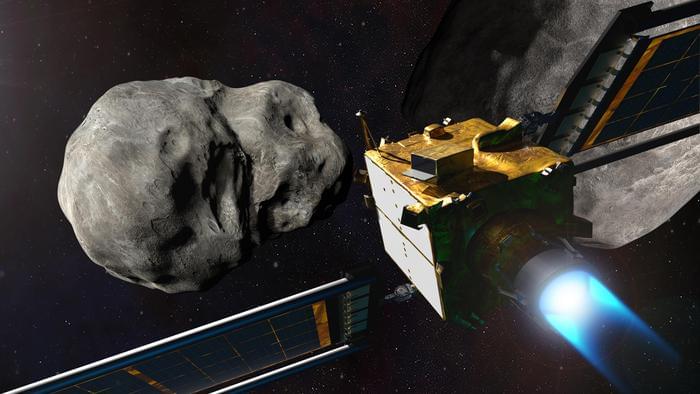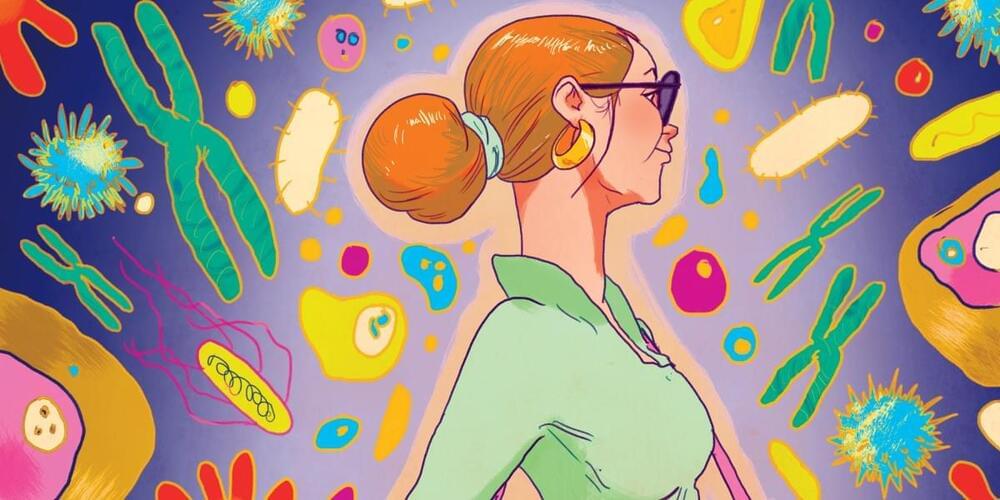A new study published in The Astrophysical Journal, led by Assistant Professor of Astronomy Rana Ezzeddine and UF alumnus Jeremy Kowkabany, with collaborators, reports the discovery of a star that challenges astronomers’ understanding of star evolution and formation of chemical elements, and could suggest a new stage in their growth cycle.
It is widely accepted that as stars burn, they lose lighter elements like lithium in exchange for heavier elements like carbon and oxygen, but an analysis of this new star revealed that not only was its lithium content high for its age, but was higher than the normal level for any star at any age.
This star, named J0524-0336 based on its coordinates in space, was discovered recently by Ezzeddine as part of a different study that used surveying to look for older stars in the Milky Way. It is an evolved star, meaning that it is in the later stages of its “life” and is beginning to grow unstable. That also means that it is much larger and brighter than most other stars of its type, estimated to be about 30 times the size of the sun.
